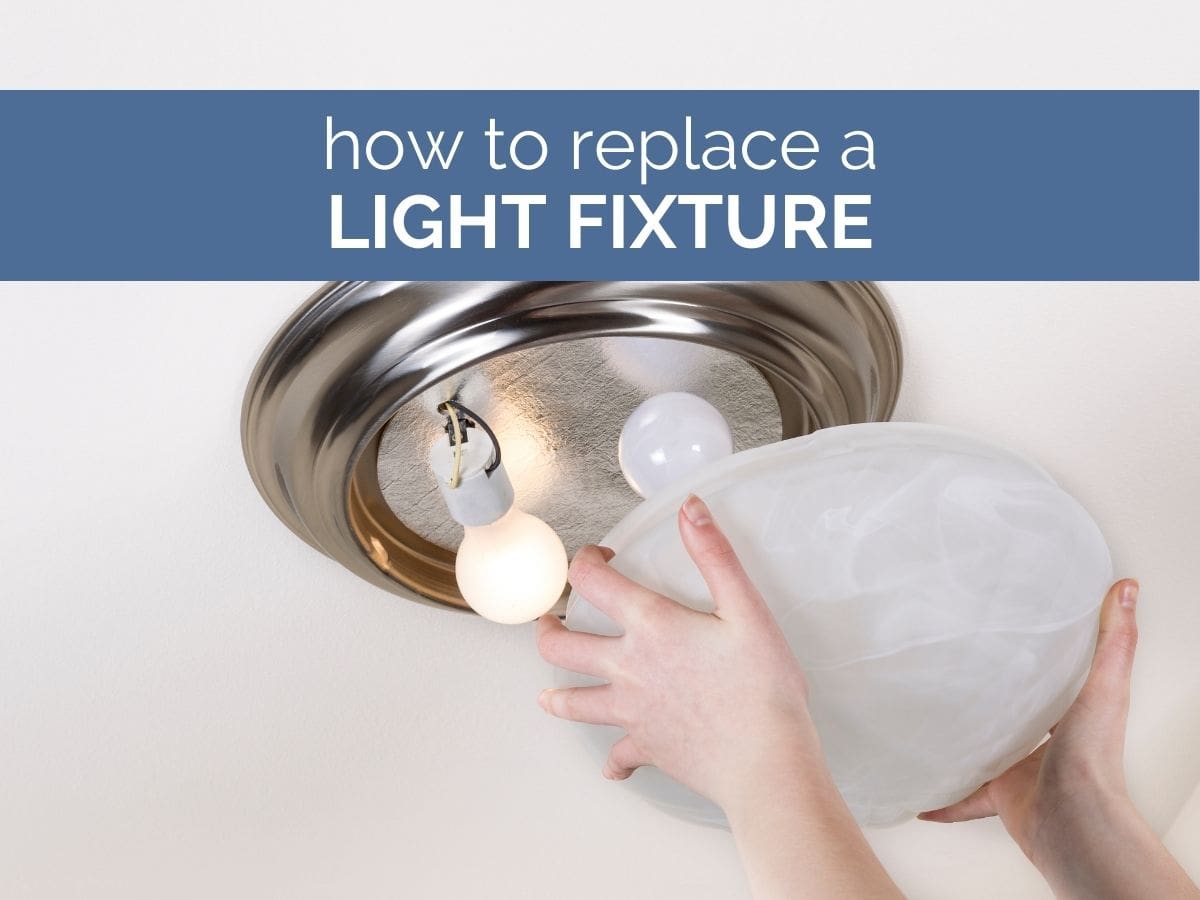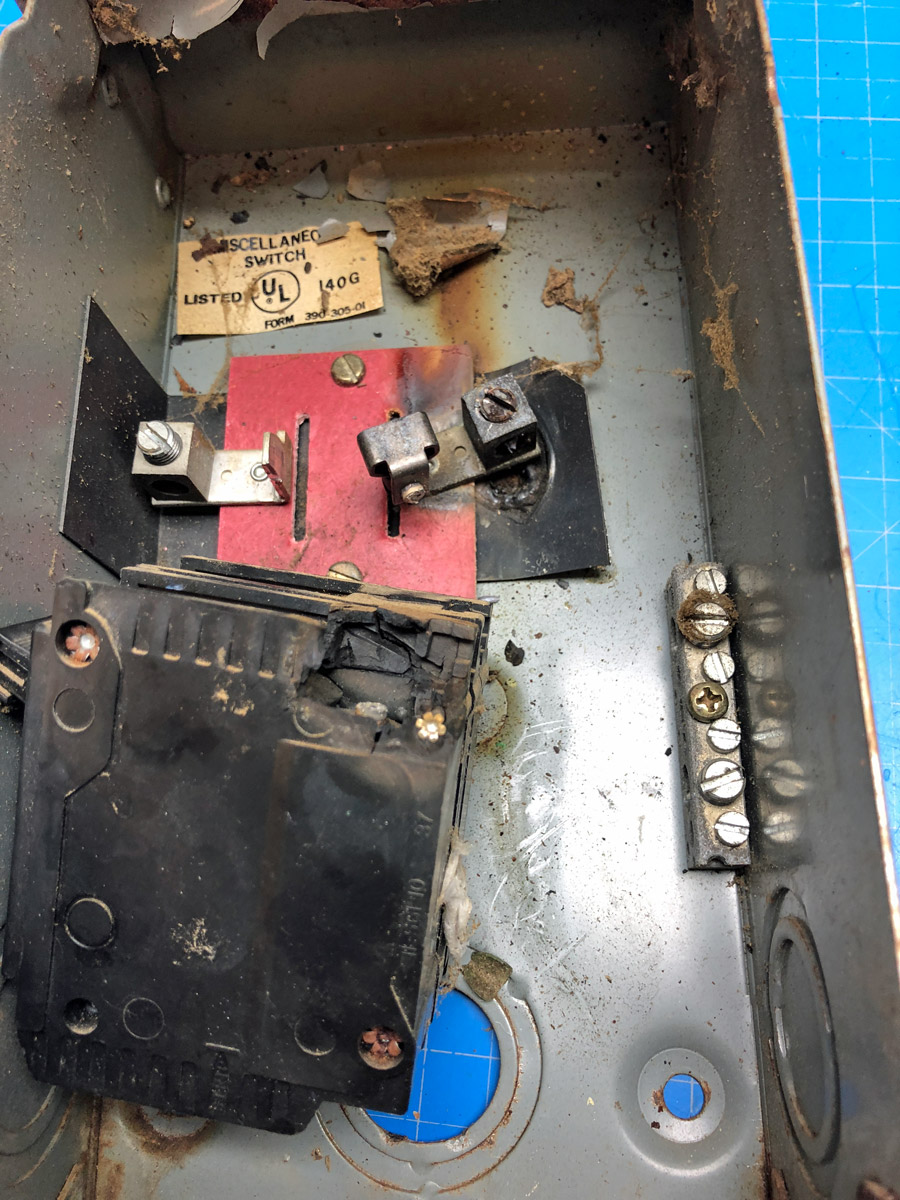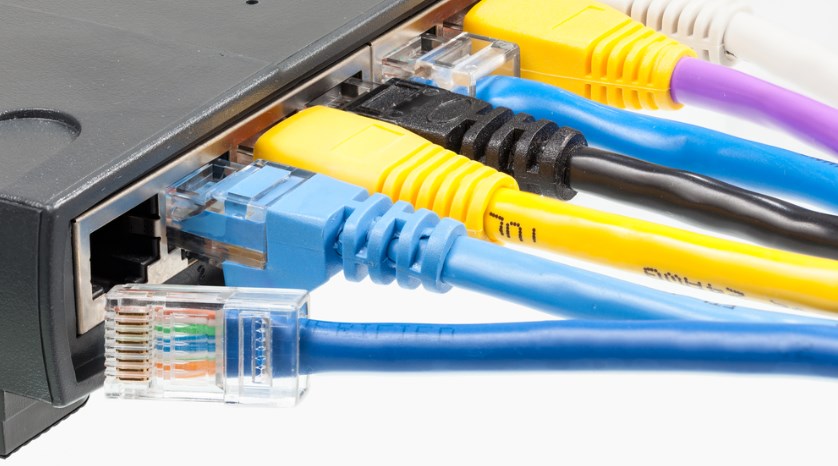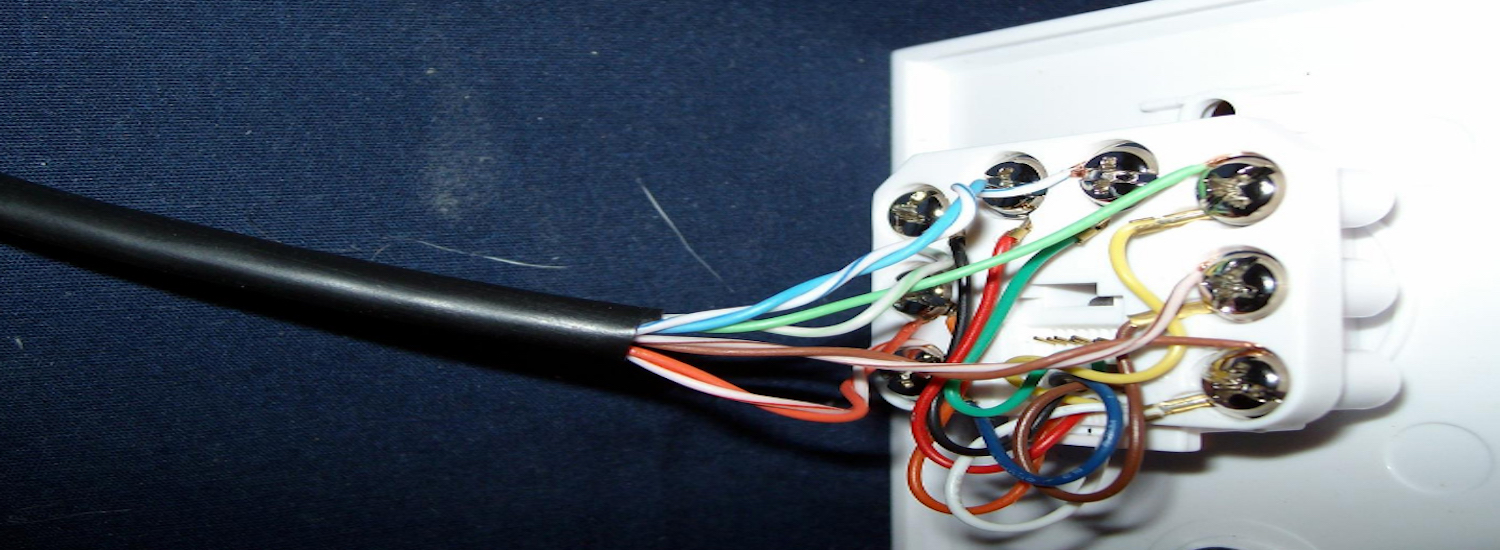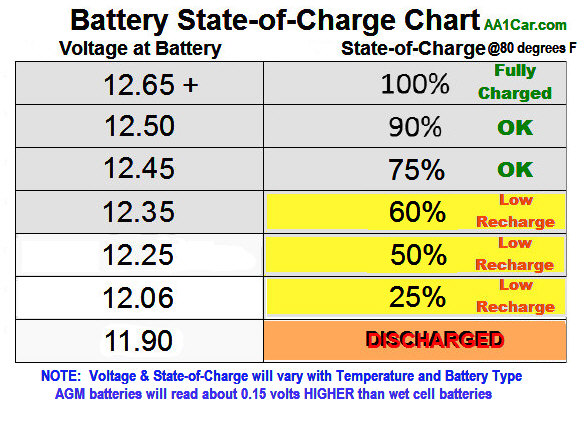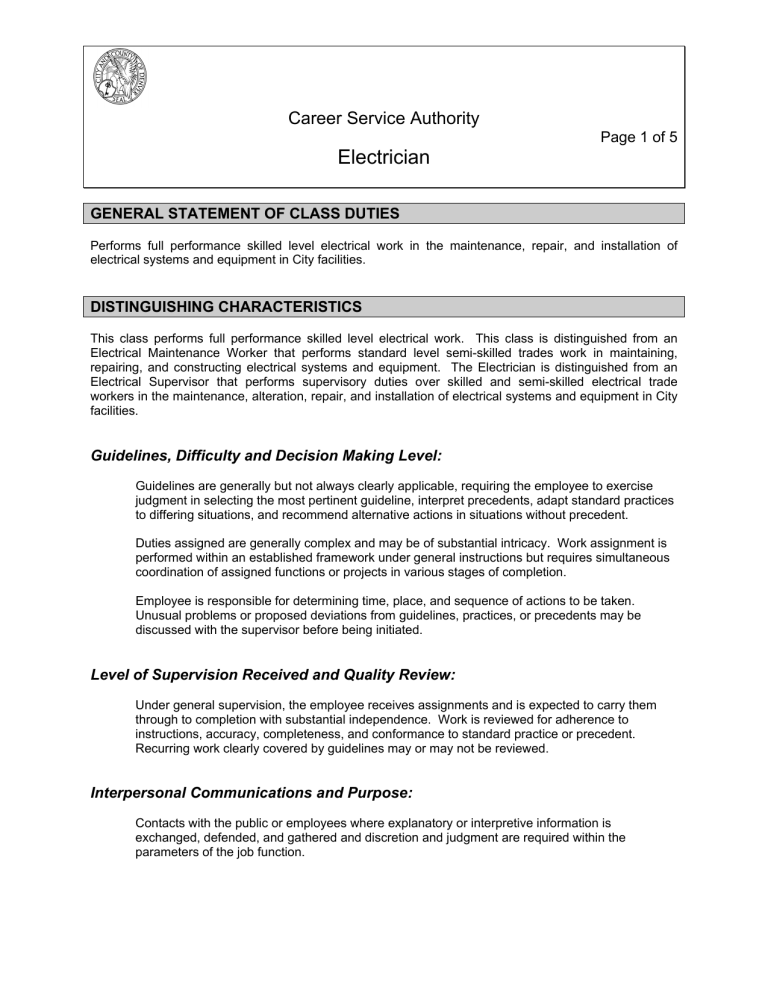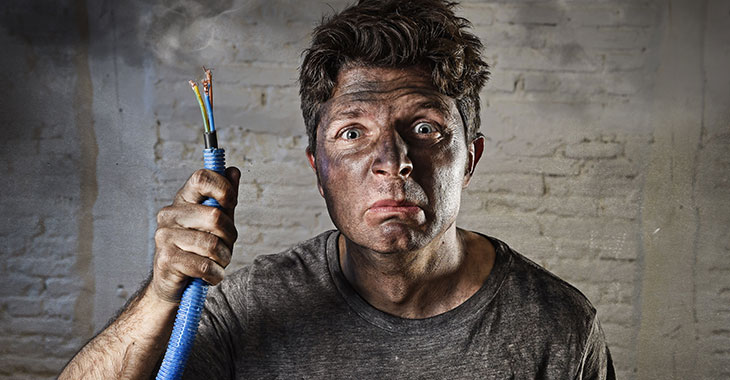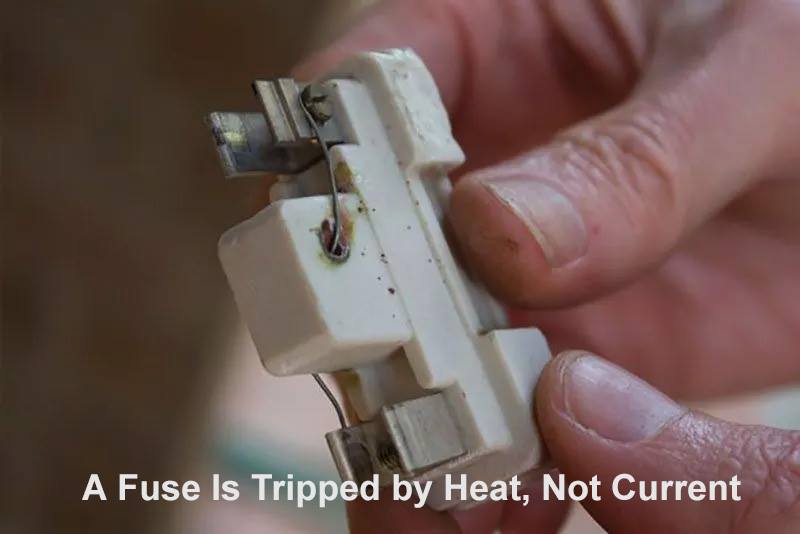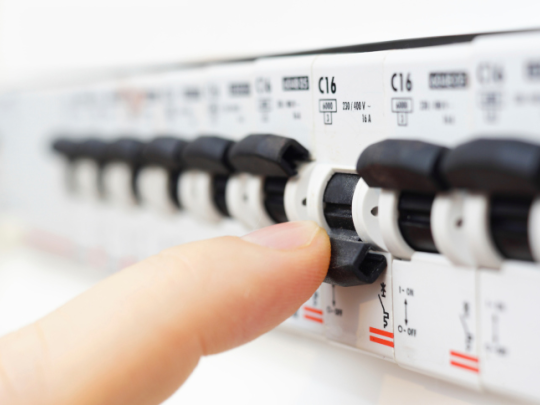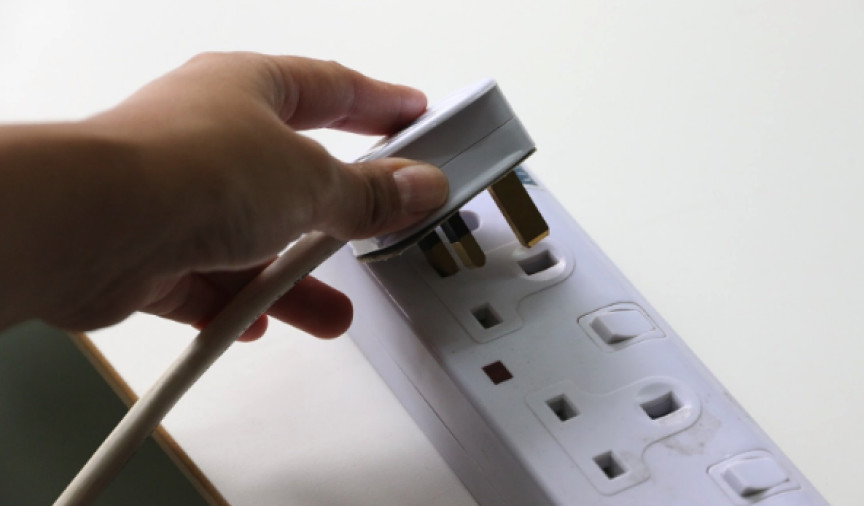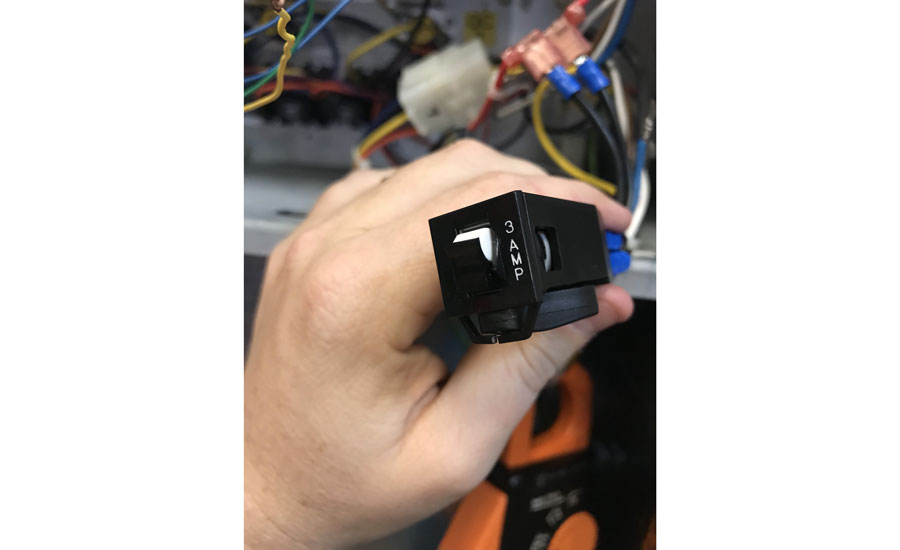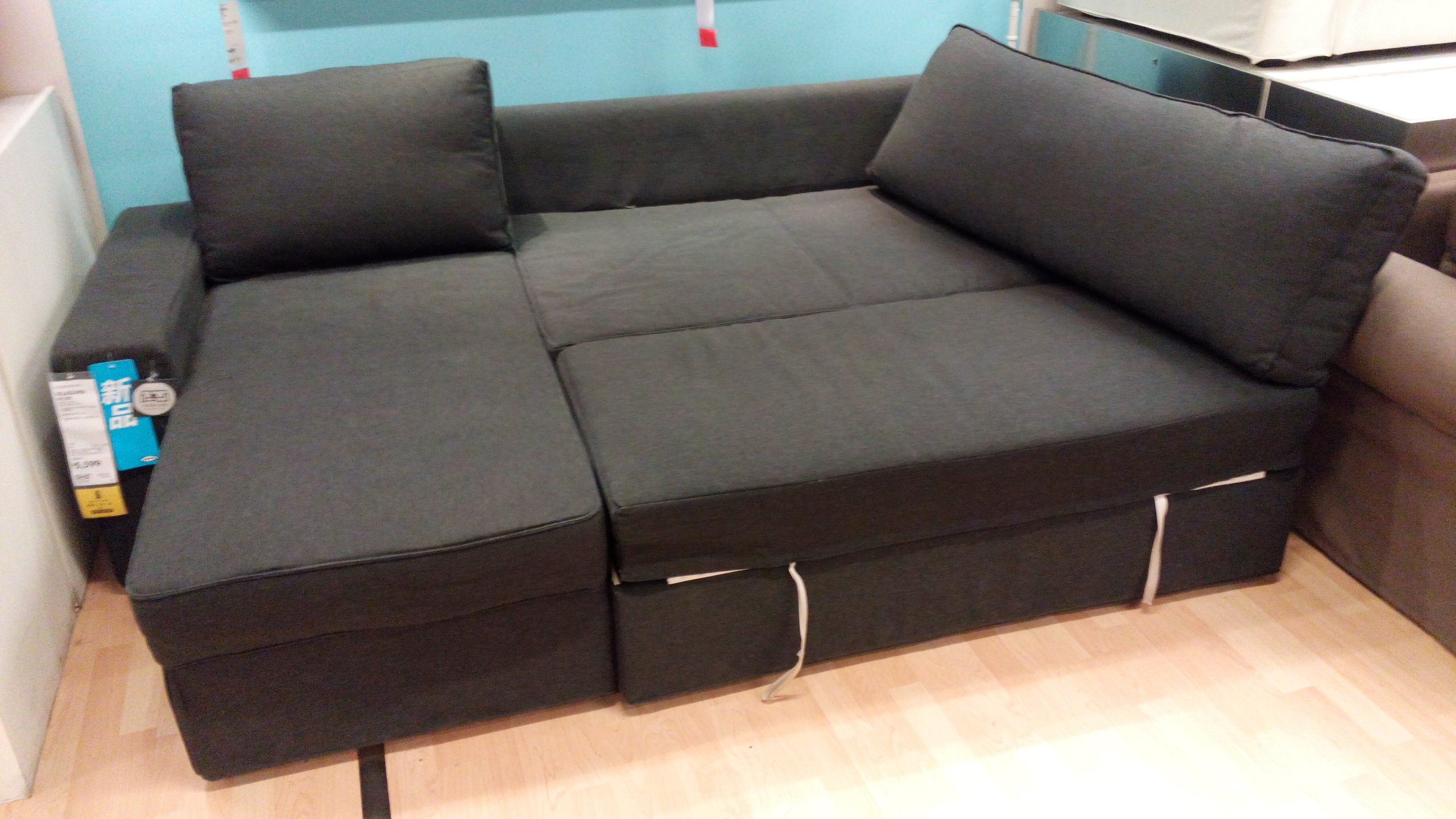If all the kitchen ceiling lights suddenly stopped working, the first thing you should check is the circuit breaker. This is the most common cause of electrical issues in any household. Head to your electrical panel and check if the breaker for the kitchen lights has tripped. If it has, simply flip it back on and see if the lights turn back on. If the breaker continues to trip, it could be a sign of a larger issue and you may need to call an electrician.1. Check the Circuit Breaker: Is It the Source of the Problem?
It may seem obvious, but sometimes the simplest solution is the right one. If your kitchen ceiling lights are not turning on, it could be because the light bulbs have burnt out. Check each bulb and if any of them are dark or flickering, replace them with new ones. Make sure to use the correct wattage and type of bulb for your specific light fixture.2. Replace the Light Bulbs: Are They Burnt Out?
Another common cause of kitchen ceiling lights not working is a faulty light switch. Turn the switch on and off a few times and see if the lights respond. If they do not, you may need to replace the switch. It is also a good idea to check the wiring behind the switch to ensure it is securely connected and not damaged.3. Check the Light Switch: Is It Working Properly?
If the above solutions do not fix the problem, it is time to inspect the wiring in your kitchen ceiling lights. Look for any obvious signs of damage such as frayed wires or loose connections. If you are not comfortable working with electrical wiring, it is best to call a professional to handle the repairs.4. Inspect the Wiring: Are There Any Issues?
Ground Fault Circuit Interrupter (GFCI) outlets are designed to prevent electrical shocks and are commonly found in kitchens and bathrooms. If your kitchen ceiling lights are not working, it could be because the GFCI outlet has tripped. Simply press the "reset" button on the outlet and check if the lights turn back on.5. Reset the GFCI Outlet: Could It Be the Cause?
If your kitchen ceiling lights are still not working, it could be because the light fixture itself is faulty or too old. Over time, light fixtures can wear out and stop functioning properly. Consider replacing the fixture with a new one to see if that solves the issue.6. Replace the Light Fixture: Is It Too Old?
Loose connections can also cause kitchen ceiling lights to stop working. Carefully check all the connections in your light fixtures and make sure they are securely in place. If any are loose, tighten them with a screwdriver or call a professional for assistance.7. Check for Loose Connections: Are They Secure?
If you have the proper equipment and knowledge, you can test the voltage of your kitchen ceiling lights to see if it is the correct amount. If the voltage is too low, it could be a sign of a larger electrical issue that needs to be addressed by a professional.8. Test the Voltage: Is It the Right Amount?
If you have exhausted all the solutions listed above and your kitchen ceiling lights are still not working, it is best to call an electrician. They have the expertise and equipment to diagnose and fix any electrical issues safely and effectively.9. Call an Electrician: Is It a Bigger Problem?
Finally, if your kitchen ceiling lights are still not working, it could be because of a tripped fuse. Locate your fuse box and check if any fuses have tripped. If they have, flip them back on and see if that solves the issue. If not, it may be time to call an electrician for further assistance. In conclusion, there are several reasons why your kitchen ceiling lights may have stopped working. From simple solutions like checking the light switch and replacing light bulbs to more complex issues like faulty wiring, it is important to troubleshoot and address the problem as soon as possible. By following these tips, you can hopefully get your kitchen ceiling lights shining brightly again in no time.10. Check for a Tripped Fuse: Is It the Cause?
Troubleshooting Kitchen Ceiling Light Issues
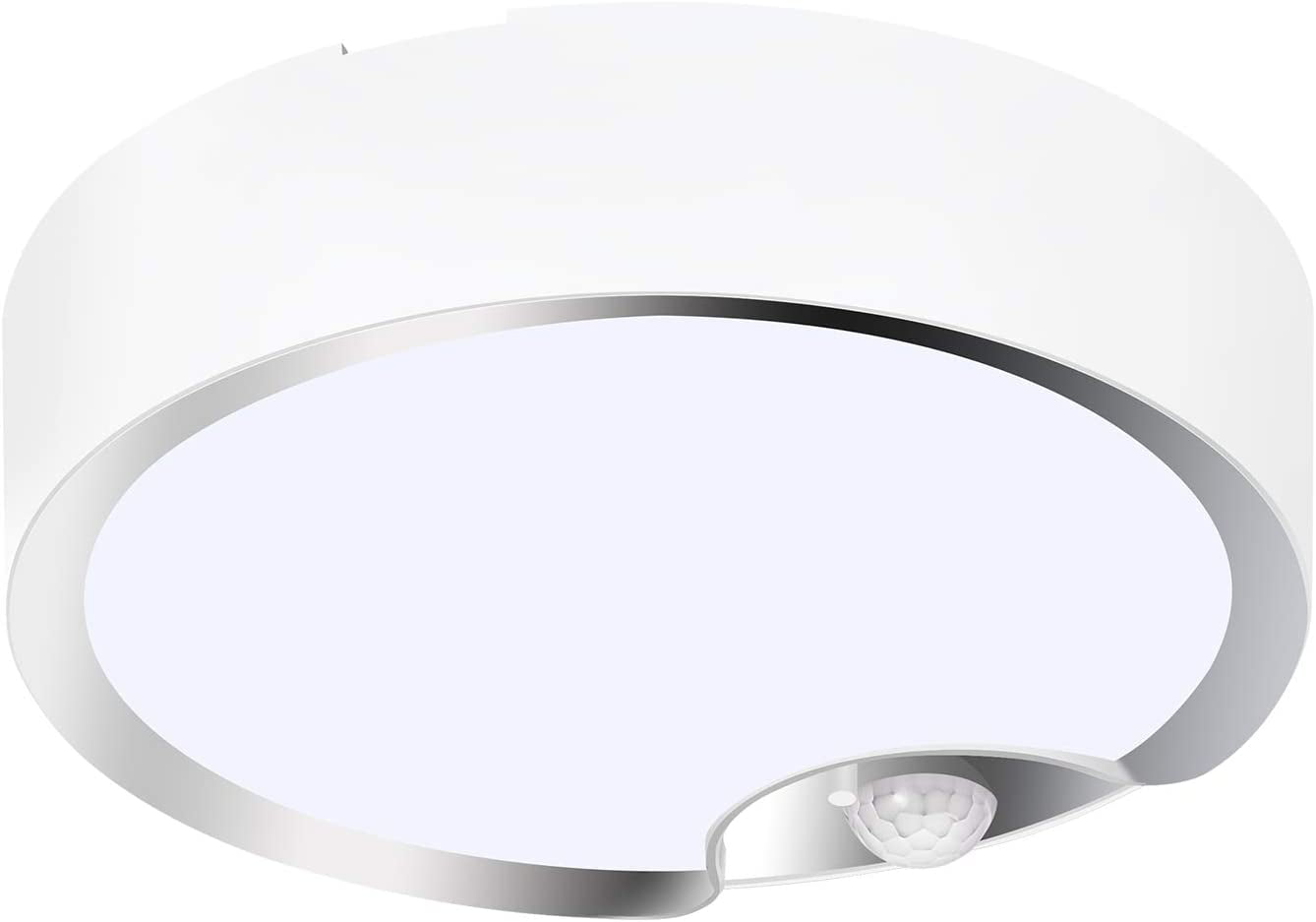
The Importance of Proper Lighting in Kitchen Design
 When it comes to designing a kitchen, lighting is often overlooked, but it is a crucial element in creating a functional and inviting space. Not only does proper lighting make tasks such as cooking and cleaning easier, but it also sets the mood and ambiance of the room. However, when kitchen ceiling lights suddenly stop working, it can throw a wrench into your daily routine and disrupt the overall design of your kitchen. Here are some common reasons why your kitchen ceiling lights may have stopped working and how to troubleshoot the issue.
When it comes to designing a kitchen, lighting is often overlooked, but it is a crucial element in creating a functional and inviting space. Not only does proper lighting make tasks such as cooking and cleaning easier, but it also sets the mood and ambiance of the room. However, when kitchen ceiling lights suddenly stop working, it can throw a wrench into your daily routine and disrupt the overall design of your kitchen. Here are some common reasons why your kitchen ceiling lights may have stopped working and how to troubleshoot the issue.
Check the Power Source
/GettyImages-Perry-Mastrovito-56a27fbe5f9b58b7d0cb598d.jpg) The first step in troubleshooting any electrical issue is to check the power source. Make sure that the circuit breaker for your kitchen lights has not tripped. If it has, simply flip the switch back to the "on" position. If the breaker continues to trip, there may be an underlying issue with your electrical system that requires the help of a professional electrician.
The first step in troubleshooting any electrical issue is to check the power source. Make sure that the circuit breaker for your kitchen lights has not tripped. If it has, simply flip the switch back to the "on" position. If the breaker continues to trip, there may be an underlying issue with your electrical system that requires the help of a professional electrician.
Inspect the Light Bulbs
 If the circuit breaker is not the issue, then it's time to take a closer look at the light bulbs themselves. Over time, light bulbs can burn out or become loose in their sockets, causing them to stop working. Carefully remove the light bulbs and check for any signs of damage or burning. If the bulbs appear to be in good condition, try twisting them back into their sockets to ensure a secure connection. If the bulbs still do not work, it may be time to replace them.
If the circuit breaker is not the issue, then it's time to take a closer look at the light bulbs themselves. Over time, light bulbs can burn out or become loose in their sockets, causing them to stop working. Carefully remove the light bulbs and check for any signs of damage or burning. If the bulbs appear to be in good condition, try twisting them back into their sockets to ensure a secure connection. If the bulbs still do not work, it may be time to replace them.
Check the Light Switch
 Another common culprit for kitchen ceiling light issues is a faulty light switch. If your lights are controlled by a dimmer switch, make sure that it is turned on and functioning properly. If the dimmer switch is not the issue, try replacing the light switch with a new one to see if that resolves the problem.
Another common culprit for kitchen ceiling light issues is a faulty light switch. If your lights are controlled by a dimmer switch, make sure that it is turned on and functioning properly. If the dimmer switch is not the issue, try replacing the light switch with a new one to see if that resolves the problem.
Call a Professional
 If you have exhausted all of these troubleshooting steps and your kitchen ceiling lights are still not working, it may be time to call a professional electrician. They have the expertise and equipment to diagnose and fix any underlying electrical issues that may be causing the problem. It is important to address electrical issues promptly and properly to ensure the safety and functionality of your kitchen.
In conclusion, proper lighting is a crucial element in kitchen design and when kitchen ceiling lights stop working, it can be a frustrating and disruptive issue. By following these troubleshooting steps and seeking the help of a professional when needed, you can ensure that your kitchen is well-lit and functional for all of your daily tasks.
If you have exhausted all of these troubleshooting steps and your kitchen ceiling lights are still not working, it may be time to call a professional electrician. They have the expertise and equipment to diagnose and fix any underlying electrical issues that may be causing the problem. It is important to address electrical issues promptly and properly to ensure the safety and functionality of your kitchen.
In conclusion, proper lighting is a crucial element in kitchen design and when kitchen ceiling lights stop working, it can be a frustrating and disruptive issue. By following these troubleshooting steps and seeking the help of a professional when needed, you can ensure that your kitchen is well-lit and functional for all of your daily tasks.



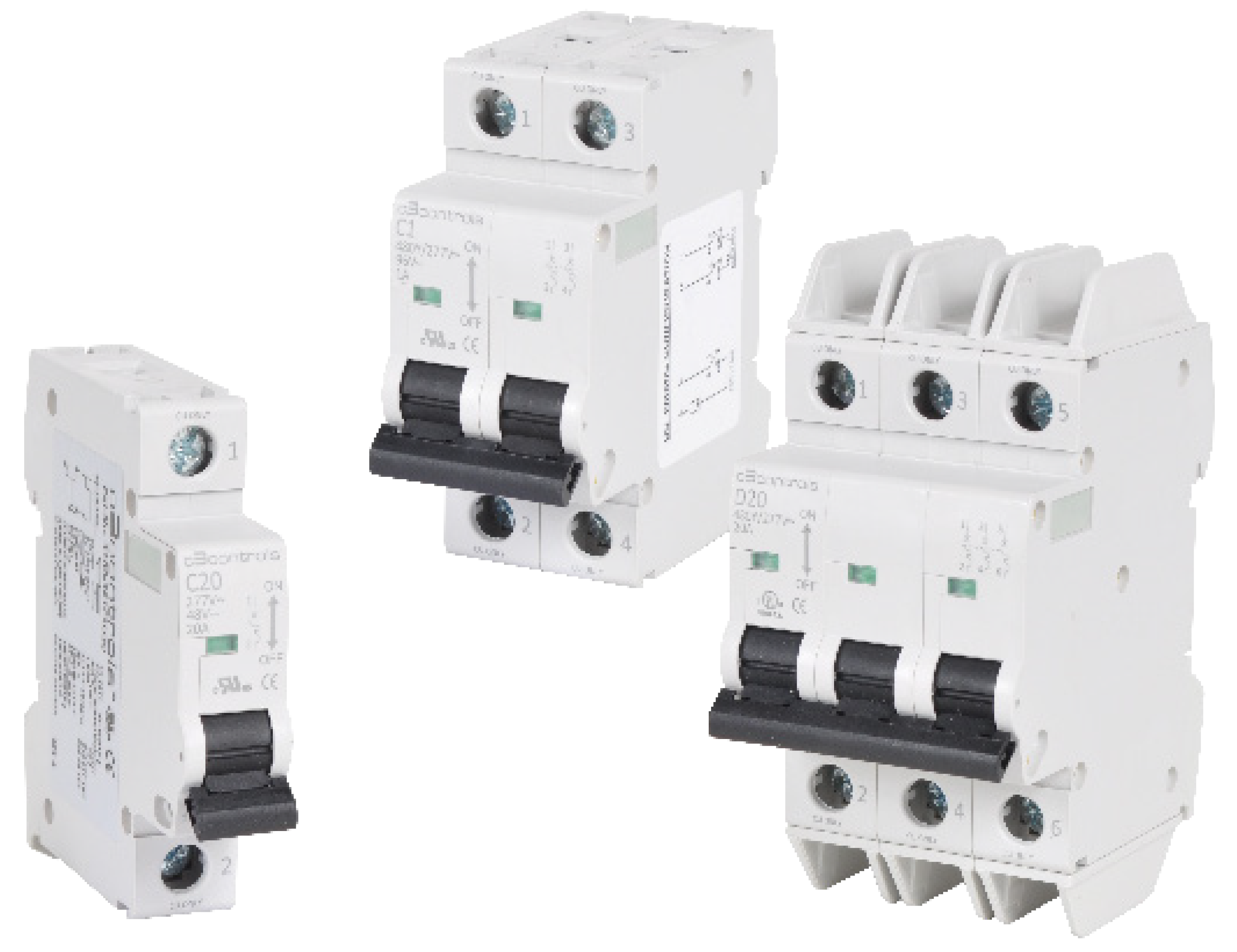
:max_bytes(150000):strip_icc()/circuit-breakers-how-to-reset-a-circuit-breaker-1152756-hero-e69fdfecd2d64a06800fa0f77089c98f.jpg)





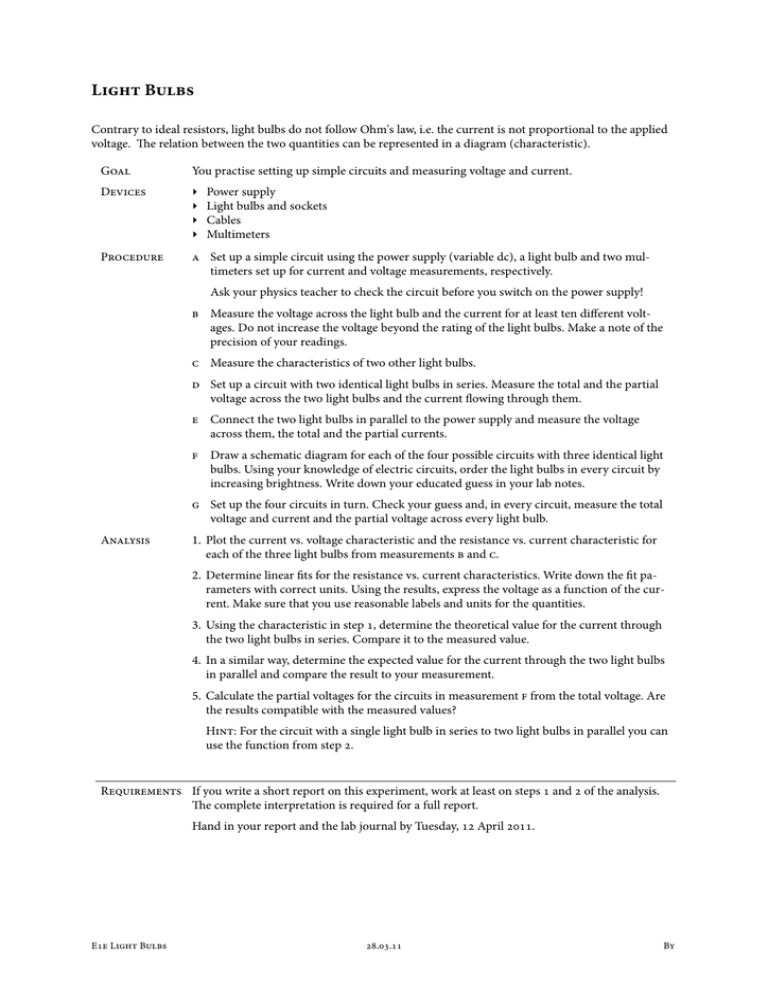



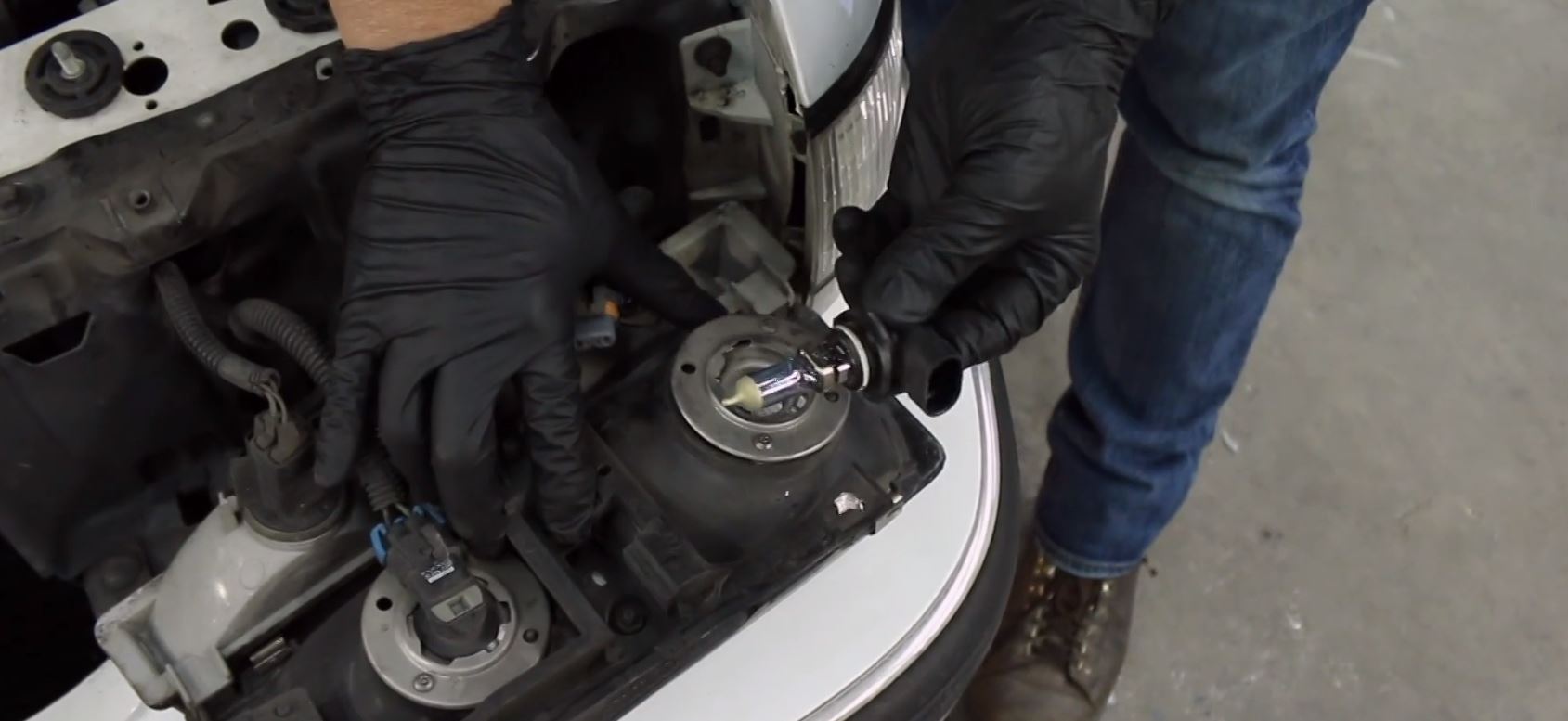
:max_bytes(150000):strip_icc()/LED-Light-Bulb-462540883-56a4a16f3df78cf77283537b.jpg)






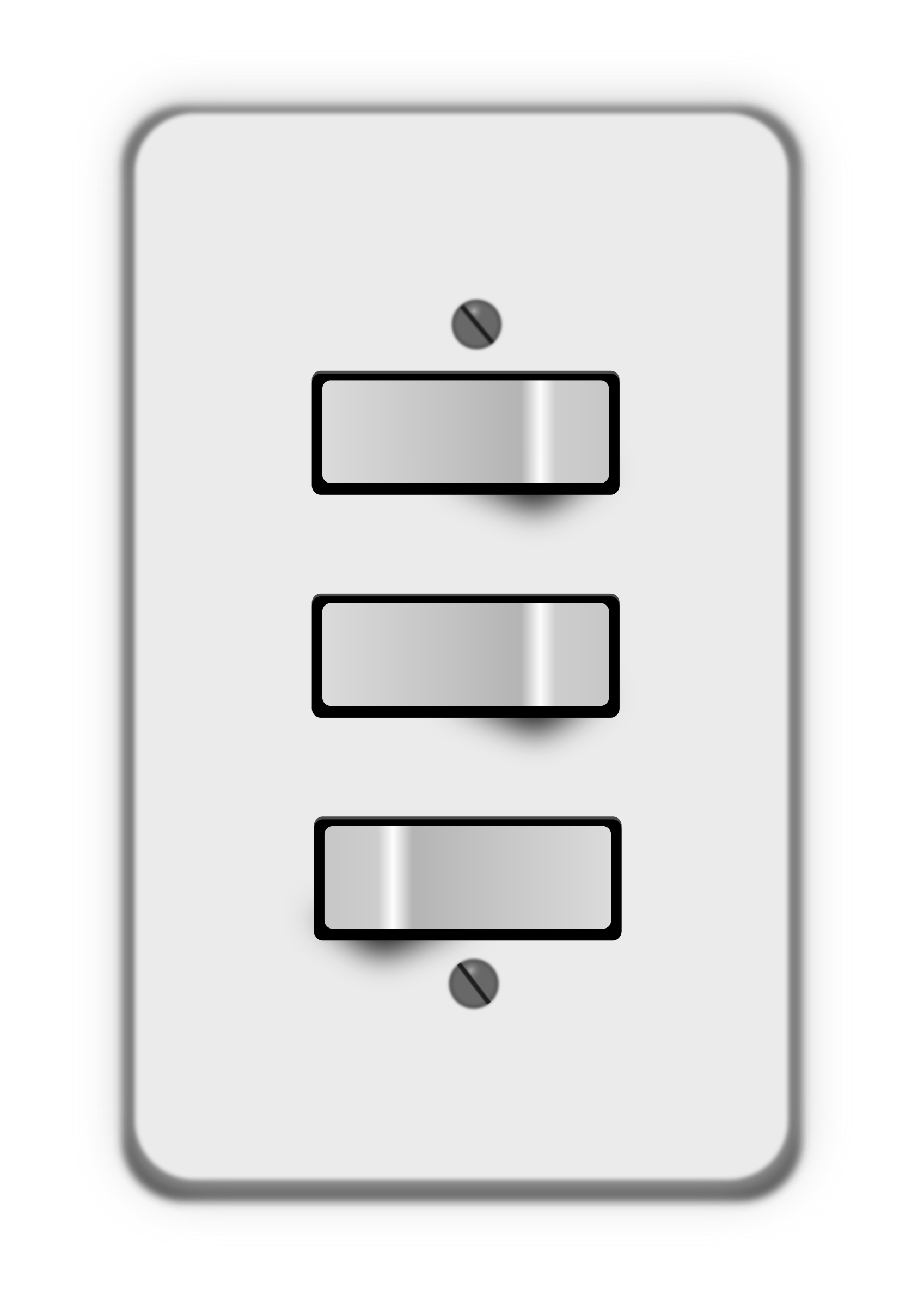
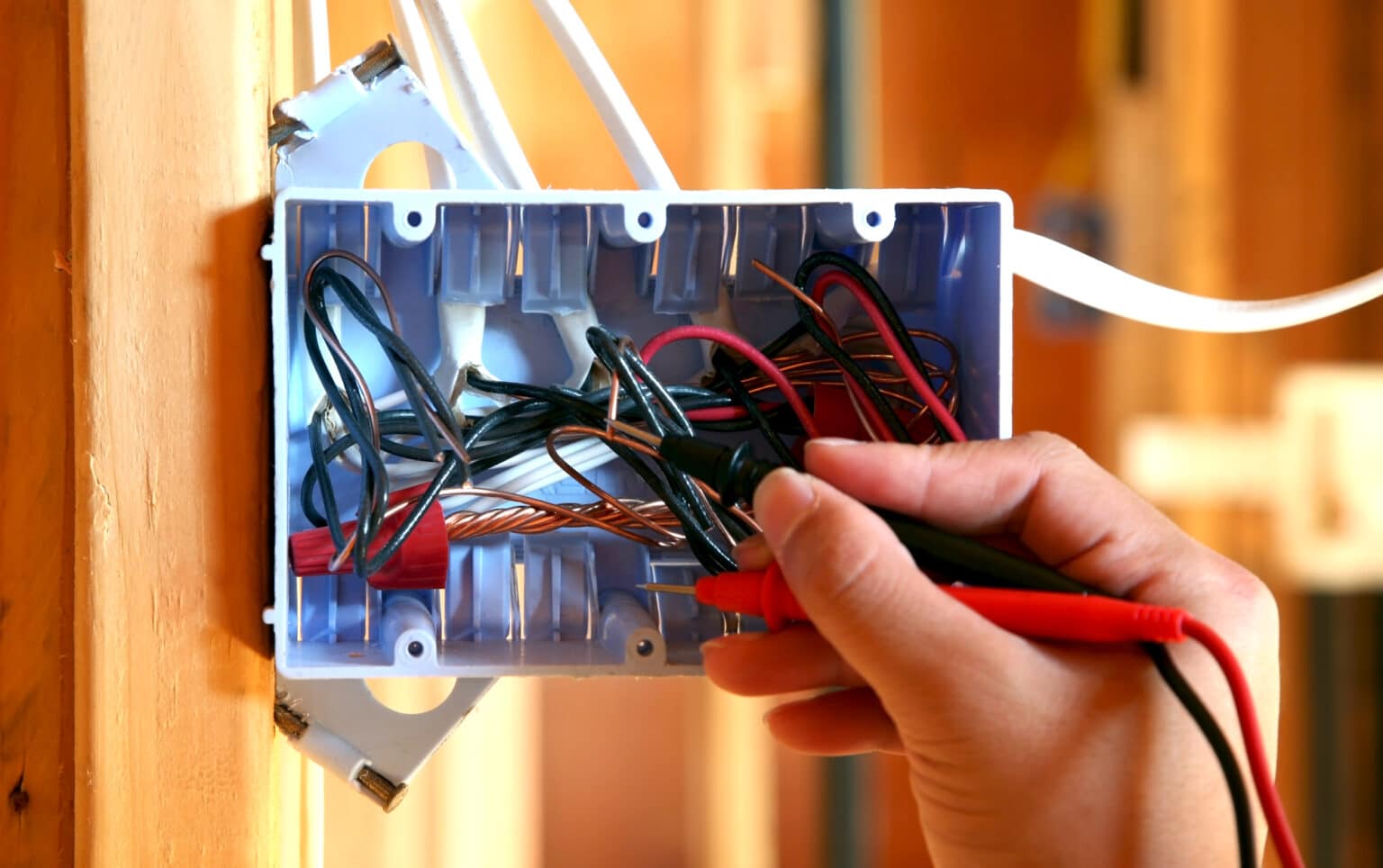










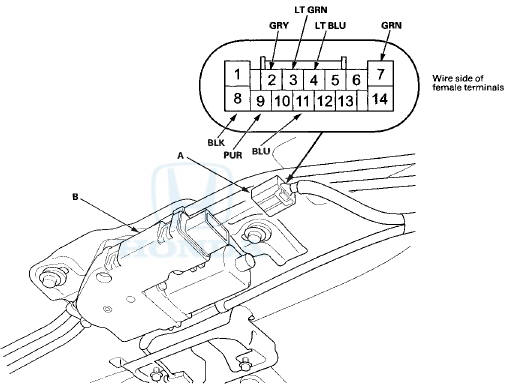
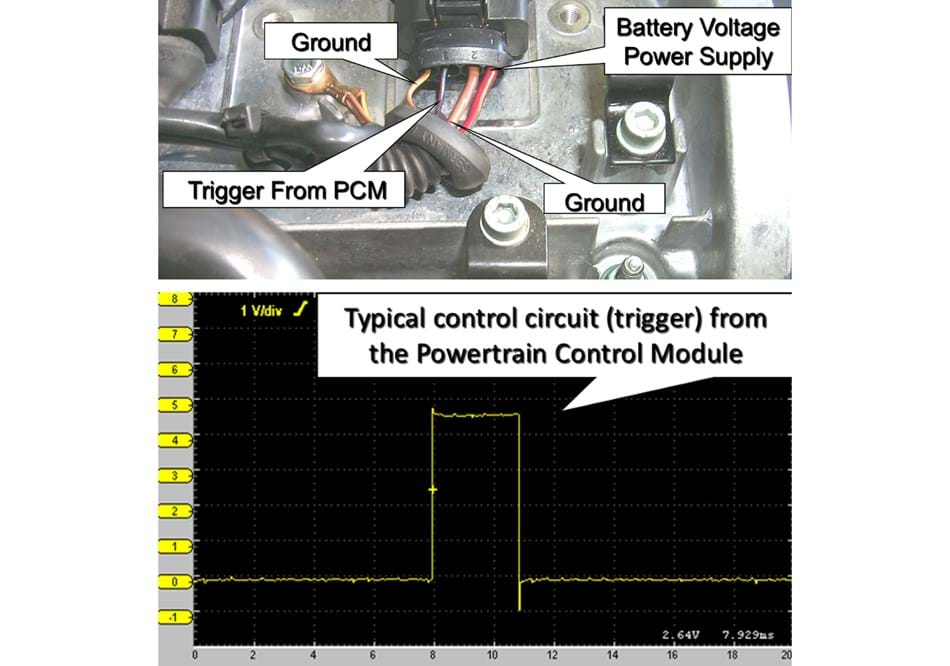

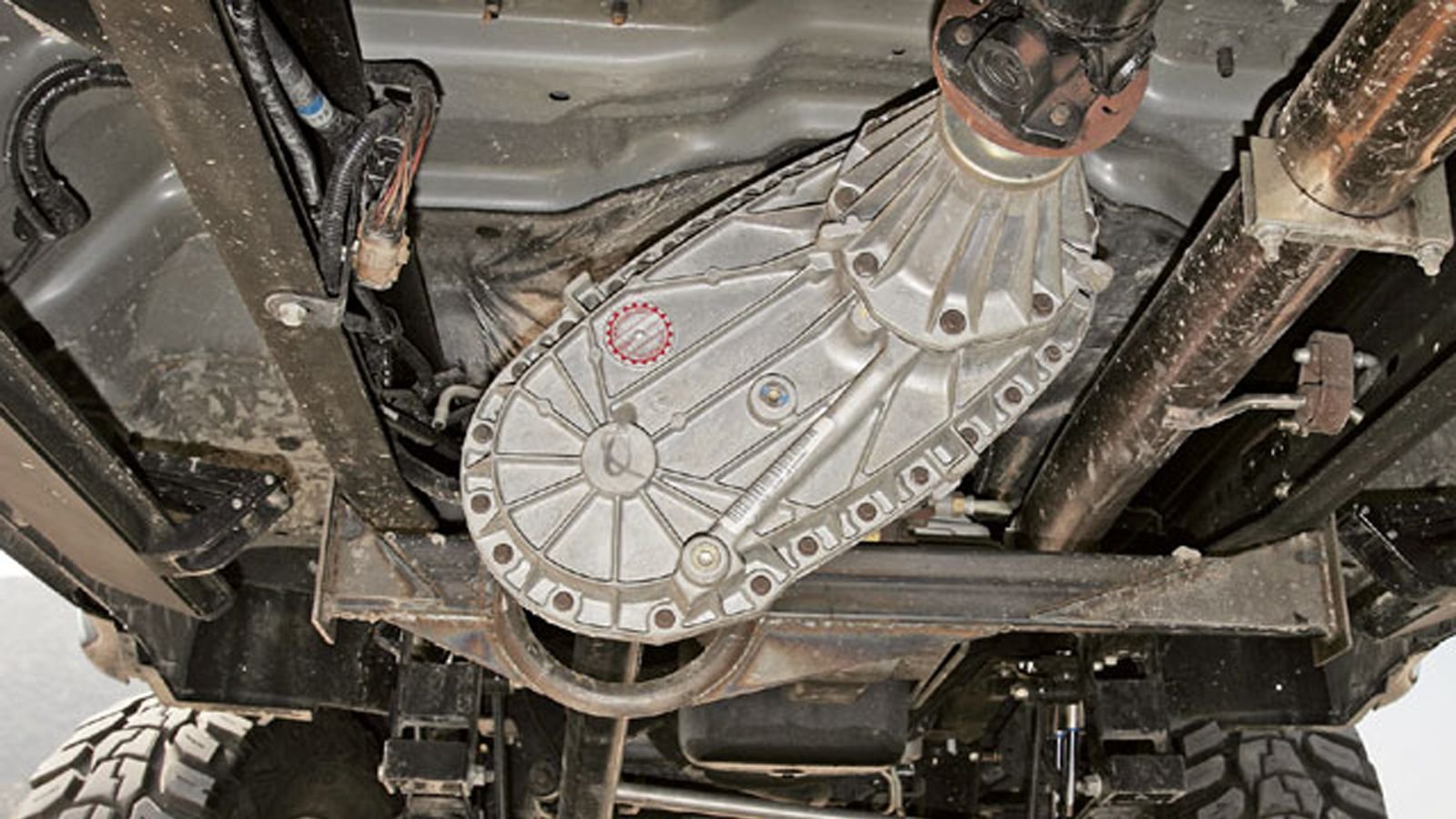

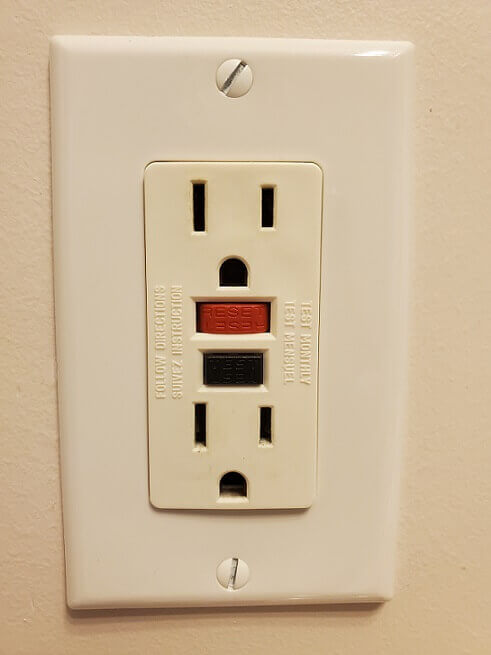

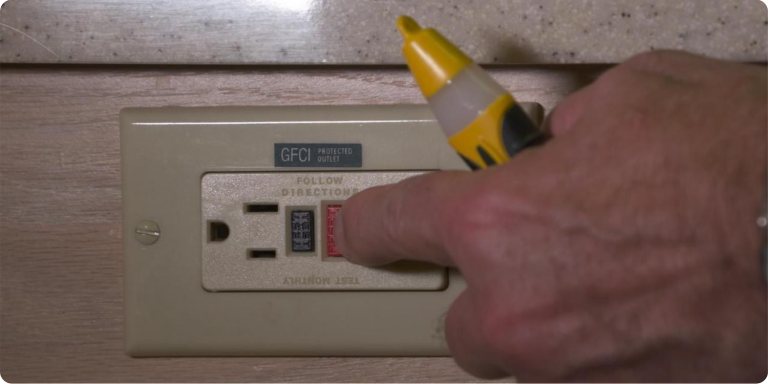


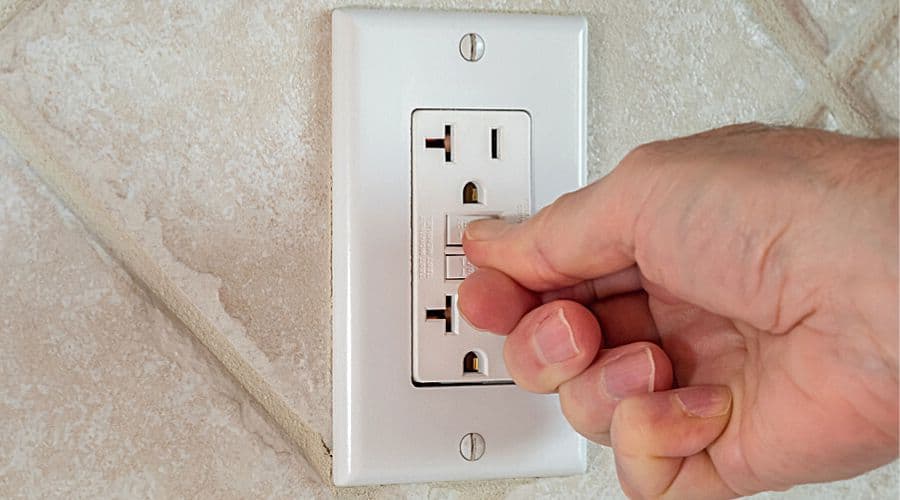
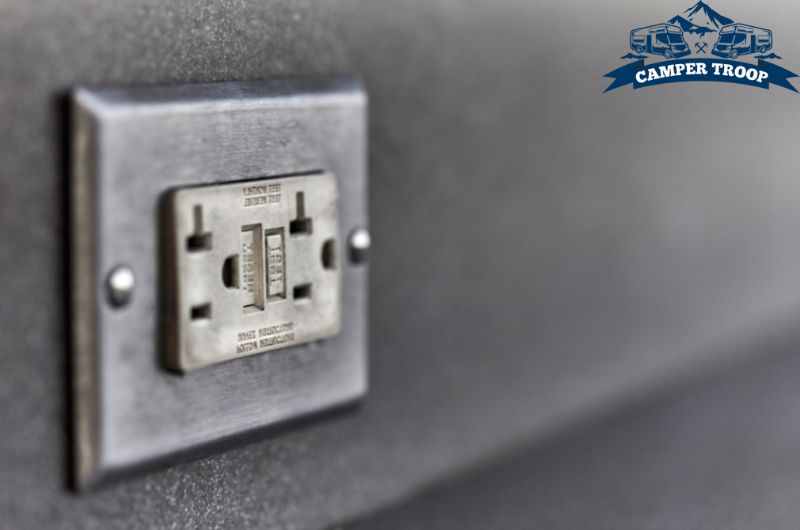

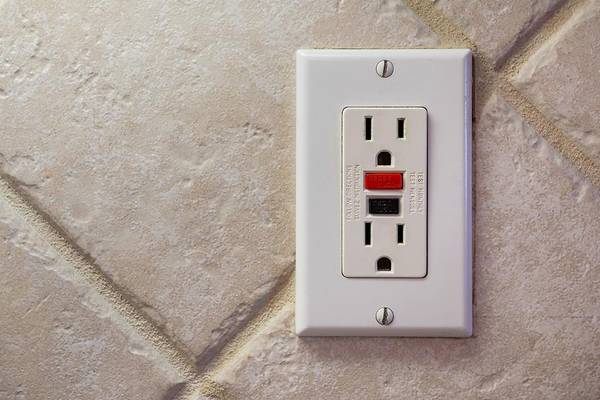



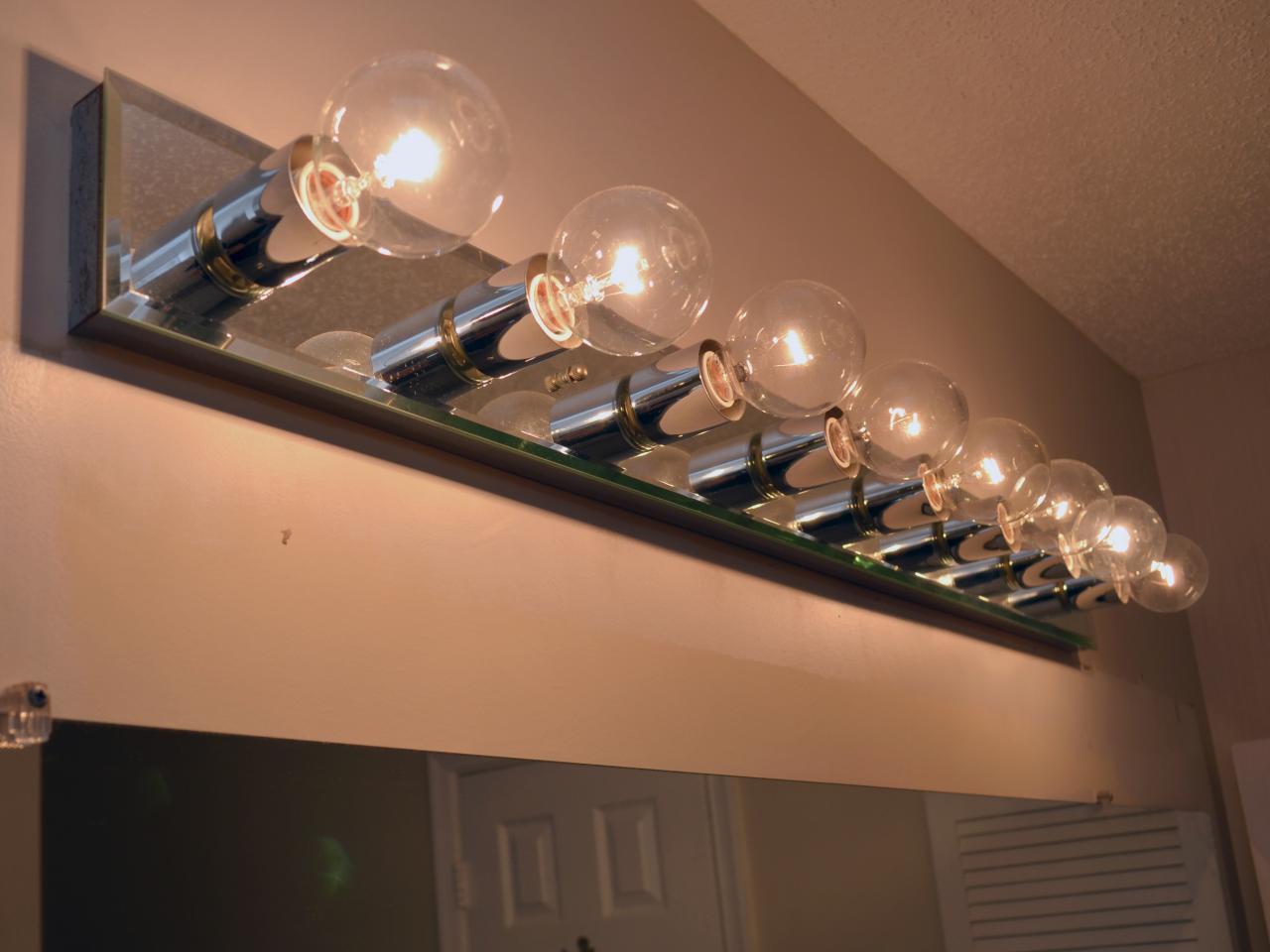




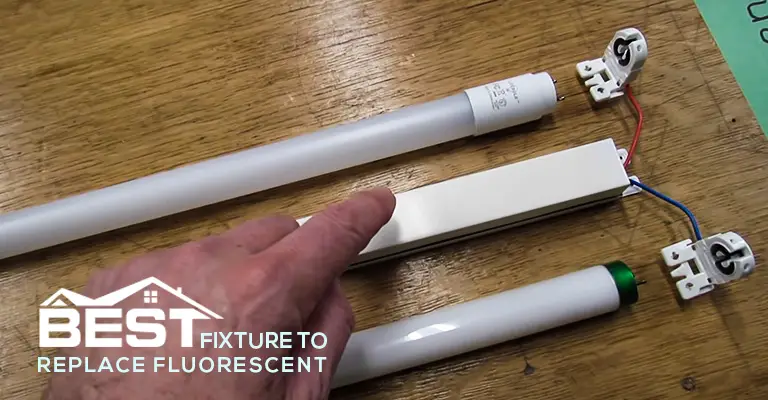
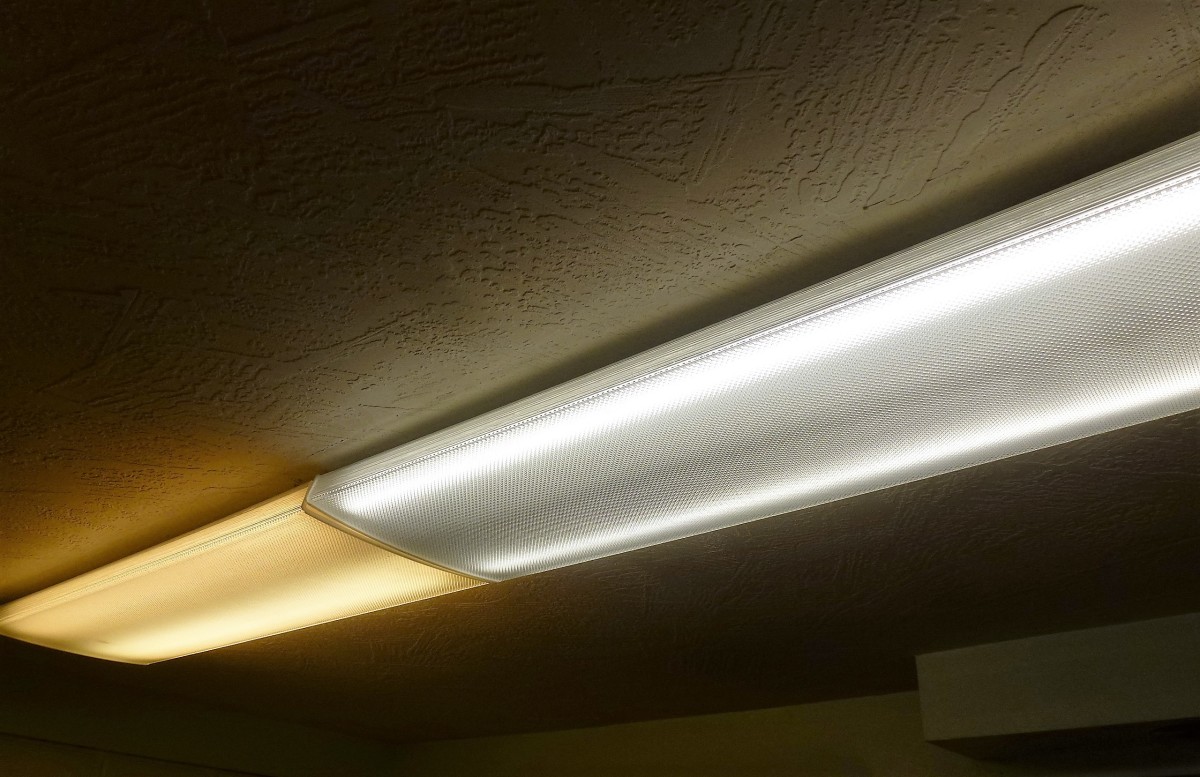
:max_bytes(150000):strip_icc()/how-to-replace-ceiling-light-fixture-1824657-02-078c80a354ee404e8ca25455b15fef14.jpg)
